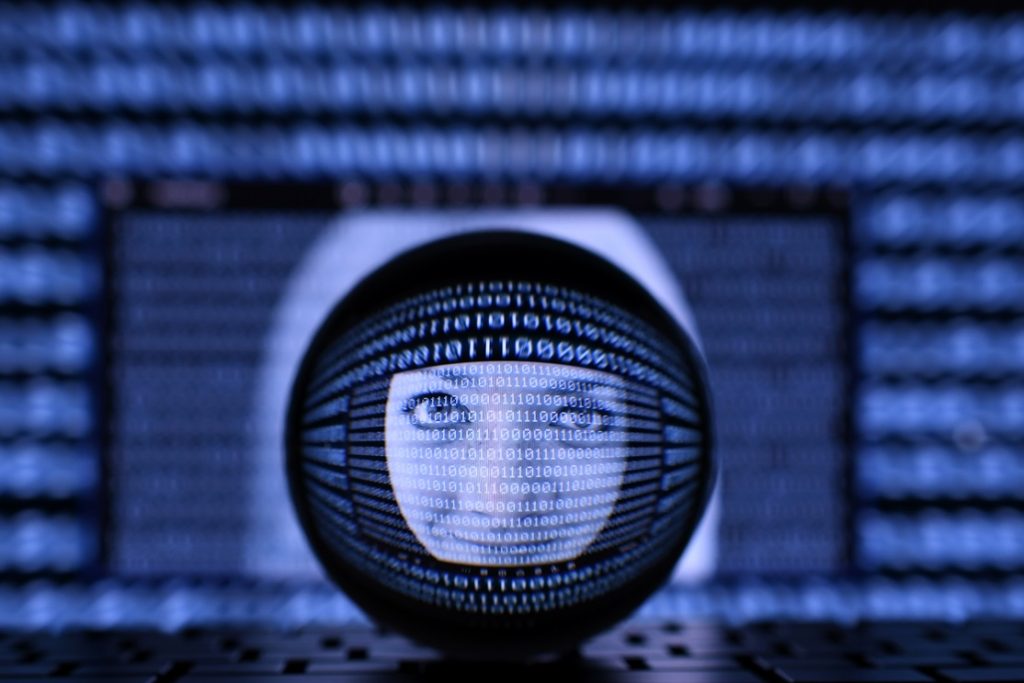What does AI assistant bring?

A virtual assistant is a software program or application that can perform various tasks and services for individuals or businesses. These tasks can range from answering basic questions and providing information to scheduling appointments, managing emails, making phone calls, and even ordering products or services online.
Virtual assistants are typically powered by artificial intelligence (AI) and natural language processing (NLP) technologies, which enable them to interpret and respond to human language and requests. They can be accessed through various devices and platforms, such as smartphones, computers, smart speakers, and messaging apps.
Some popular virtual assistants include Apple’s Siri, Amazon’s Alexa, Google Assistant, and Microsoft’s Cortana, among others. These virtual assistants are constantly improving and evolving, with new features and capabilities being added regularly.
An AI virtual assistant can bring a wide range of benefits, including:
- Convenience: AI virtual assistants can perform various tasks, such as scheduling appointments, sending emails, setting reminders, and making phone calls, without the need for human intervention. This can save users a lot of time and effort.
- Efficiency: AI virtual assistants can process and analyze large amounts of data quickly and accurately, which can help organizations make informed decisions and improve their productivity.
- Personalization: AI virtual assistants can learn from user behavior and preferences and provide customized recommendations and suggestions.
- Multitasking: AI virtual assistants can perform multiple tasks simultaneously, which can increase their overall efficiency and productivity.
- Accessibility: AI virtual assistants can assist users with disabilities, such as those with visual or hearing impairments, by providing voice-based or text-based interfaces.
- Cost Savings: AI virtual assistants can automate routine tasks and reduce the need for human labor, which can help organizations save on costs.
Does AI assistant replace some people functions?
AI assistants have already replaced certain jobs and functions, and they will continue to do so in the future. However, it’s unlikely that AI assistants will completely replace people in every role and industry.
AI assistants excel at performing routine, repetitive tasks with high accuracy and speed. They can also analyze vast amounts of data and provide insights that humans may miss. This makes them particularly useful in industries such as manufacturing, logistics, and customer service, where efficiency and speed are critical.
However, AI assistants have limitations. They may not be able to handle complex or nuanced situations that require human empathy, creativity, and problem-solving skills. For example, while an AI assistant may be able to provide customer support for a simple issue, it may struggle with more complex or emotional issues that require human interaction.
Additionally, many people prefer interacting with other humans for certain tasks, such as personal assistance or healthcare. While AI assistants can provide helpful information and suggestions, they cannot replace the comfort and trust that comes from human interaction.
Overall, AI assistants are likely to replace certain jobs and functions, but they will not completely replace people in every role and industry. Instead, they will likely complement human workers, allowing them to focus on tasks that require human skills while offloading routine tasks to AI assistants.